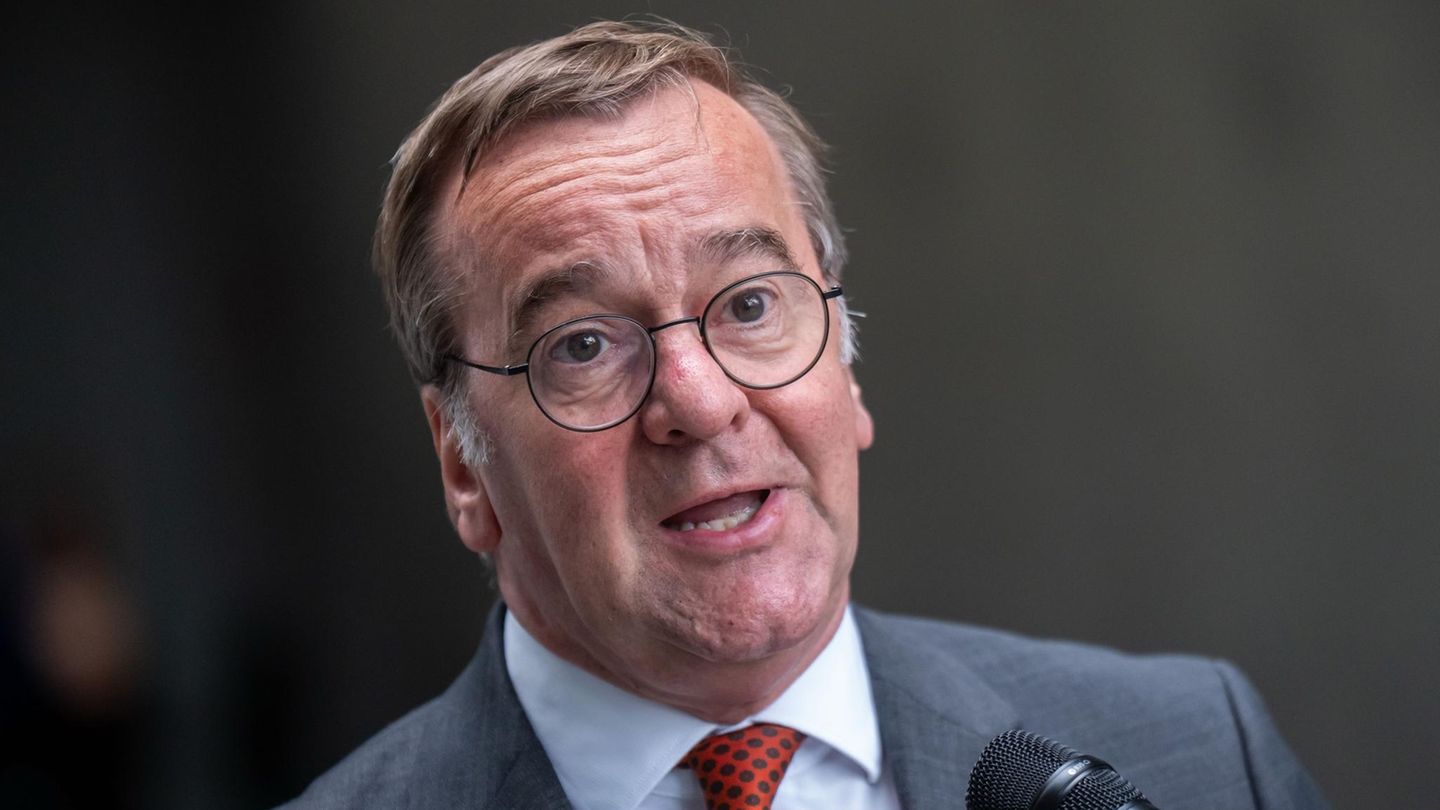The budget holders in the Bundestag have begun their final discussion of the 2024 budget. Hardly anyone dares to estimate what consequences the Karlsruhe budget ruling could have.
After the Federal Constitutional Court’s budget ruling, the Bundestag is wrestling with the budget for the coming year. The opposition Union warned that there could now be no “business as usual”.
The Karlsruhe judges’ decision may not only create a 60 billion-dollar gap in the financing of projects for climate protection and the climate-friendly restructuring of industry. It threatens to generally upend the way we deal with debt-financed special funds, of which there are several in the federal and state governments. The federal government alone maintains 29 of these special funds in addition to the budget with debt options amounting to several hundred billion euros.
Ampel wants to stick to the schedule for adopting the budget
“It is now too early to have a debate about fundamental consequences,” said Finance Minister Christian Lindner in the Bundestag. The federal government is carefully evaluating the verdict. The FDP leader tried to nip debates about how the federal government could get more money in the bud: the debt brake and the waiver of tax increases remained the guardrails of the traffic light policy, he emphasized. But the coalition must now learn to set priorities – something that has been problematic for many years.
Despite the uncertainties, the traffic light wants to stick to its schedule for the adoption of the budget for 2024 on December 1st. However, an important decision along the way was postponed for a week at the Union’s request. The Budget Committee is not scheduled to approve the final changes to the budget until next Thursday – this was originally planned for the night of this Friday. Now it says: decisions are subject to reservation.
The so-called adjustment meeting began on Thursday, in which the ministers have to defend their budgets before the committee. But experts are scheduled to be heard on Tuesday. The question: Can the budget for 2024 be passed as planned after the court ruling?
The Union considers this to be impossible. The ruling also calls into question the 200 billion euro special pot for energy price caps, argues parliamentary group vice-president Mathias Middelberg. AfD budget keeper Peter Boehringer also said: “The presented ’24 budget will be constitutionally vulnerable from the day it is passed because of the accounting practices used in it.”
In protest, the Union budget holders decided not to submit their own amendments in the settlement meeting. Parliamentary group leader Friedrich Merz said it was clear that there would have to be a supplementary budget next year. Knowing this now but not acting is against the law.
“Where do you get the money from now?”
On Wednesday, the highest German court declared a reallocation of 60 billion euros in loans in the 2021 budget to be null and void. These loans were approved to deal with the Corona crisis, but were then intended to be used for climate protection and the modernization of the economy. Now the billions are not available.
“You made promises to the country with unfunded checks,” Left Party leader Dietmar Bartsch Lindner accused the government of. “Where do you get the money from now?”
The Green parliamentary group vice-president Andreas Audretsch particularly accused Merz of not making any suggestions himself. “Always just air bookings, not suggesting anything to do,” he said. The fact that the Union is blocking budget deliberations at the same time is irresponsible.
“It just has to be different”
Economics Minister Robert Habeck (Greens) emphasized that there must continue to be support for the climate-friendly restructuring of industry. “Yes, okay, the Constitutional Court’s ruling says ‘It doesn’t work the way you thought it would’. But it has to be different,” he said. “It can’t be the case that we say ‘Then we won’t do it’.” Otherwise there would be a risk of jobs disappearing from Germany. “So we have to find or raise the money elsewhere.”
The Federal Environment Agency suggested reducing “climate-damaging subsidies”. In 2018, according to their calculations, these would have amounted to at least 65.4 billion euros, said President Dirk Messner of the German Press Agency. The G7 countries agreed in May 2016 to end climate-damaging subsidies for oil, gas and coal by 2025. “A prime example of this is the energy tax relief for diesel, which promotes sales of diesel vehicles and hinders the switch to electromobility.” The company car privilege, which has so far primarily promoted the sale of large combustion cars and benefited upper income groups, should also be abolished.
Source: Stern
I have been working in the news industry for over 6 years, first as a reporter and now as an editor. I have covered politics extensively, and my work has appeared in major newspapers and online news outlets around the world. In addition to my writing, I also contribute regularly to 24 Hours World.




